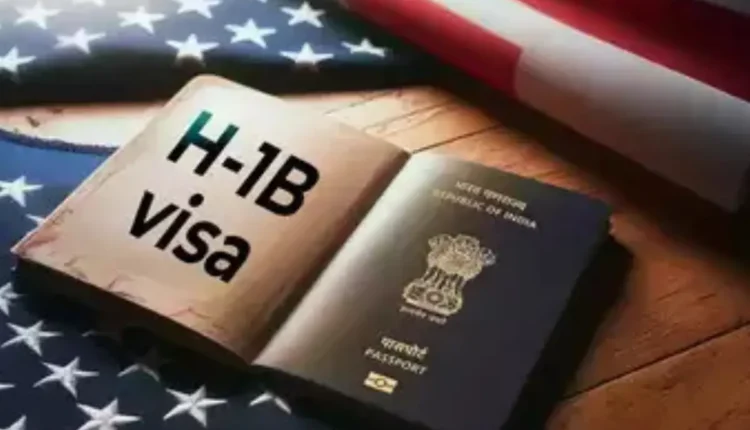H-1B Modernization Rule: A New Era for Aspiring Entrepreneurs in the U.S.
Game-Changing H-1B Reform Empowers Startup Founders to Sponsor Themselves
The final H-1B Modernization Rule has introduced a groundbreaking shift in U.S. immigration policy. For the first time, entrepreneurs can use their own startup entities to sponsor themselves for H-1B work visas. This redefinition of the employer-employee relationship is poised to be a game-changer for aspiring founders, particularly from countries like India, where green card wait times can stretch for decades.
If this rule remains in place under the incoming Trump administration, it could redefine the path to entrepreneurship in the U.S. As Elon Musk once faced challenges as an immigrant entrepreneur, this policy offers a streamlined route for future visionaries to establish their ventures without waiting years for a green card.
Empowering Entrepreneurs Through H-1B Flexibility
Traditionally, most immigrant entrepreneurs enter the U.S. on H-1B visas sponsored by employers, often spending years climbing corporate ladders before gaining the independence to start their own businesses. This policy change offers a significant departure from that norm.
By allowing founders to act as their own sponsors, the rule eliminates a major barrier to innovation. Aspiring entrepreneurs can now focus on building their ventures rather than navigating the complex web of immigration constraints.
The U.S. Department of Homeland Security (DHS) highlighted the potential benefits, stating, “If more entrepreneurs are able to obtain H-1B status to develop their business enterprise, the U.S. could benefit from the creation of jobs, new industries, and new opportunities.”
Expert Insights on the New Rule
Kripa Upadhyay, a U.S.-based immigration attorney, praised the change, calling it “the closest the U.S. can get to a stand-alone ‘startup’ visa.” This sentiment was echoed by Mitch Wexler, partner at Fragomen, who emphasized the built-in safeguards of the regulation.
“Guardrails have been established,” Wexler noted. “H-1B beneficiaries with a controlling interest in the sponsoring entity may qualify for H-1B status, provided they perform specialty occupation duties most of the time. However, the initial petition and the first extension will be capped at 18 months, unlike the standard three-year validity period.”
Challenges for Early-Stage Startups
While the H-1B Modernization Rule for Entrepreneurs is a step forward, challenges remain for early-stage founders. Sameer Khedekar, founder of Vanguard Visa Law, pointed out that startups often lack the customer contracts or funding required to prove the existence of a bona fide H-1B role.
“Beneficiary owners without substantial funding or contracts must present detailed business plans, proof of product development, market validation, and other evidence to meet the new standards,” Khedekar explained.
Despite these hurdles, the rule provides a promising pathway for entrepreneurs determined to establish themselves in the U.S.
Transforming the Entrepreneurial Landscape for Indian Founders
The policy is particularly significant for Indian entrepreneurs, who face some of the longest wait times for employment-linked green cards. By enabling startup founders to obtain H-1B visas through their own entities, the rule allows talented innovators to bypass years of waiting.
This shift could have a ripple effect on the U.S. economy. Increased opportunities for entrepreneurs mean more job creation, new industries, and groundbreaking innovations, reinforcing the U.S. as a global leader in technology and business.
Also Read:India Introduces G20 Talent Visa to Attract Global Scholars and Researchers

